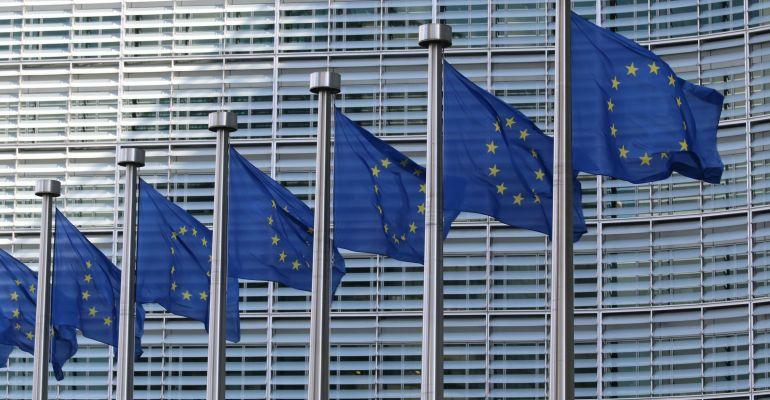“As the shipping industry is fully committed to decarbonisation, success hinges primarily on the introduction of zero- or low-emission, safe and widely available alternative fuels, which do not yet exist,” ECSA stated on its website on Monday.
The industry body said that the EC should address fuel suppliers by introducing sub-targets to make low- and zero carbon fuels available for shipping and by increasing the multiplier for renewable fuels used in the maritime sector under the Renewable Energy Directive (RED).
A fuel standard as a requirement for ships instead of fuel suppliers under the FuelEU Maritime proposal would risk failing to deliver emissions reductions and would be challenging to enforce. If a Market Based Measure (MBM) is introduced, a fund could invest the revenues to support the uptake of these fuels, ECSA explained. The fund under an MBM can be used to finance R&D projects and bridge the price gap between new and conventional fuels.
“Introducing the right incentives and requirements for fuel suppliers in order to make low- and zero-carbon fuels for shipping available in the market is a prerequisite for the decarbonisation of the sector. As with the uptake of all new fuels, the chicken-and-egg dilemma can only be addressed by the introduction of appropriate requirements for fuel suppliers. A fund under an MBM could support the uptake of these fuels,” said Martin Dorsman, secretary-general of ECSA.
“A fuel standard should be geared towards fuel suppliers and not ships, which are merely the fuel users. This is especially relevant and should be taken into account by the EC under the upcoming FuelEU Maritime proposal. We are quite concerned that should the FuelEU Maritime put forward a fuel standard as a requirement for ships, such a measure would seriously disrupt the bunkering market and would be challenging to enforce. More importantly, it would fail to incentivise energy efficiency improvements, be they technical (wind propulsion assistance, heat recovery system, hull and propeller optimization etc.) or operational (route optimization, slow steaming etc.),” he added.
Copyright © 2024. All rights reserved. Seatrade, a trading name of Informa Markets (UK) Limited.
Add Seatrade Maritime News to your Google News feed.  |

